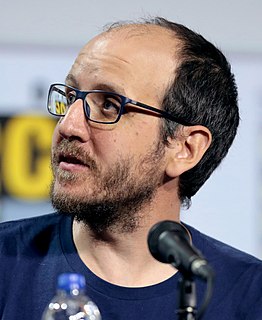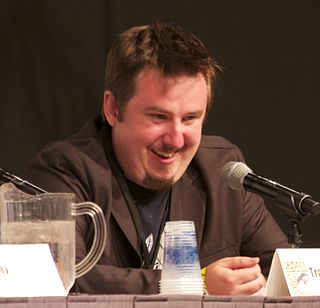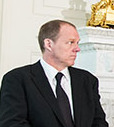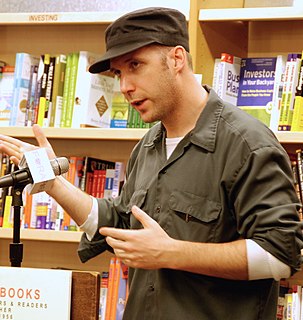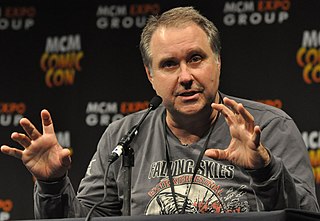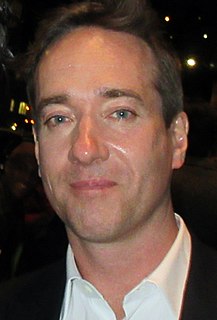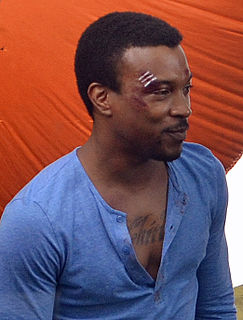A Quote by Jack Thorne
I don't really write with actors in mind; I write with characters and then hope desperately that we can get good actors to play those parts.
Quote Topics
Related Quotes
Normally, filmmakers would just write a script and cast people to act as certain characters in the story. But in my way of doing things, I have the actors in my mind already, so I'm trying to borrow something that's unique to them. The characters have a very natural connection to the actors themselves.
Remarkably, there's no green screen in 'Leaves of Grass' movie. There is motion control. Technically, there were all sorts of challenges, but really the soul of it is Edward Norton talent. You write these characters when you write a movie, and all you can hope for or depend on is that your actors will elevate the material.
Obviously, once you're finished, you're like, "Okay, I have to make this a movie now, and I need people - bodies to play these parts, and actors to bring this thing beyond a script." But when I was writing it, I wasn't thinking of actors; I was really thinking about creating three-dimensional characters.
The great thing about the animation process is that is goes from, I write the lines, it goes to the actors, the actors bring a whole world to that, they bring the characters to life, then it goes to the animators, then it goes to the editor who cuts it together, and then you screen it and it goes back through the system again.
When you're working on a television show with actors, what you hope you're doing is playing jazz with them all the time. You see what they're giving you, so you try to write back to that, and then they play with that, and you get a sense of what is going on. That's just a natural way in which TV series usually work.
Being known as a writer did change the relationships I had with directors. The rap on actors is that they always want to inflate their parts. But when directors know you write screenplays and have a different view of things, you really get invited into the huddle in a much fuller way. And those collaborations end in friendships.
